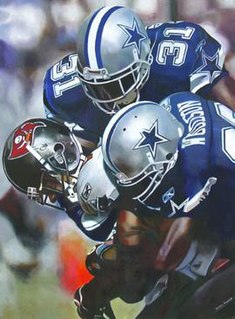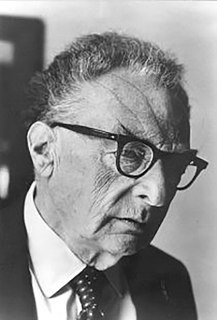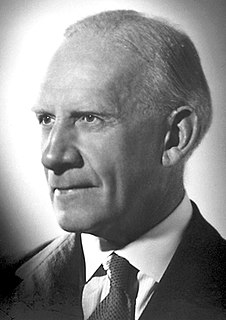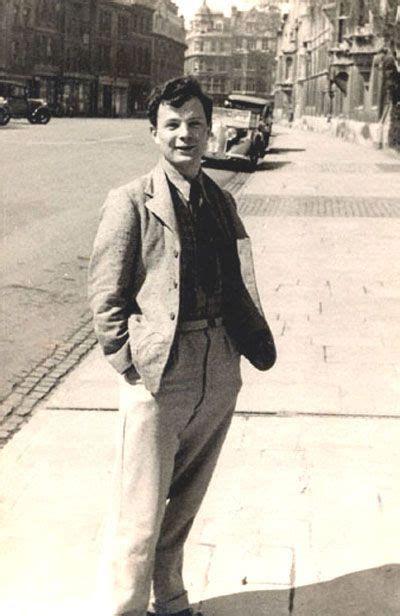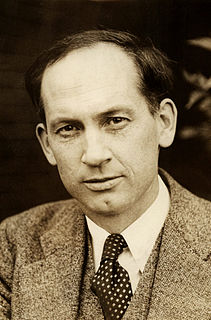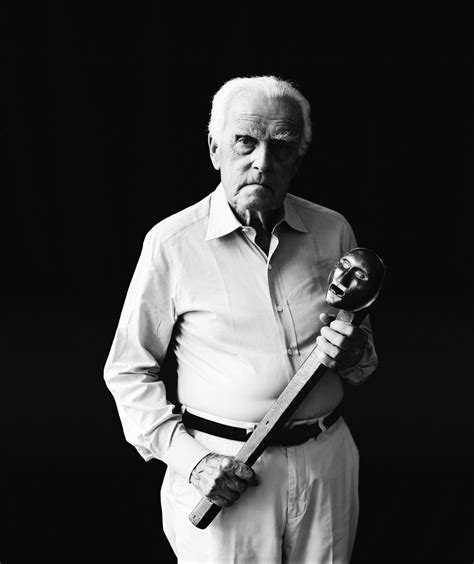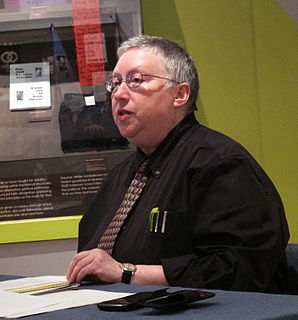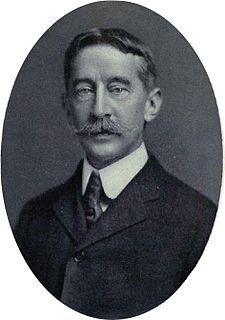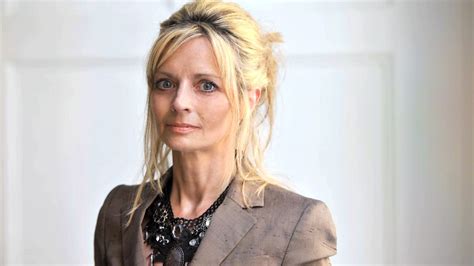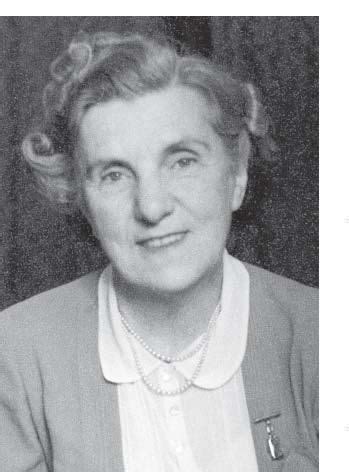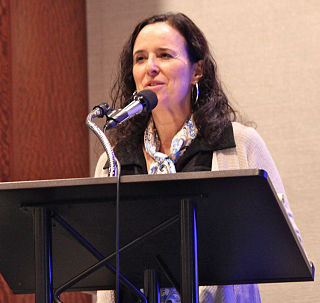A Quote by Marshall Sahlins
The world's most 'primitive' people have few possessions, but they are not poor. Poverty is not a certain small amount of goods, nor is it just a relation between means and ends; above all it is a relation between people. Poverty is a social status. As such it is the invention of civilization. It has grown with civilization, at once as an invidious distinction between classes and more importantly as a tributary relation.
Related Quotes
Poverty is not a certain small amount of goods, nor is it just a relation between means and ends; above all it is a relation between people. Poverty is a social status. As such it is the invention of civilization. Socrates made the same point 2,400 years ago: "He is richest who is content with least, for contentment is the wealth of nature.
The truly monumental can only come about by means of the most exact and refined relation between parts. Since each thing carries both a meaning of its own and an associated meaning in relation to something else - its essential value is relative. We speak of the mood we experience when looking at a landscape. This mood results from the relation of certain things rather than from their separate actualities. This is because objects do not in themselves possess the total effect they give when interrelated.
In most cases, to be reasonable means not to be obstinate, which in turn points to conformity with reality as it is. The principle of adjustment is taken for granted. When the idea of reason was conceived, it was intended to achieve more than the mere regulation of the relation between means and ends: it was regarded as the instrument for understanding the ends, for determining them.
We must appraise civilization in relation to its territory and in relation to its duration. The character of the medium of communication tends to create a bias in civilization favourable to an over-emphasis on the time concept or on the space concept and only at rare intervals are the biases offset by the influence of another medium and stability achieved.
It's one of the bases of all human existence - the relation between parents and children, whether biologically or metaphorically. It's something we can never get away from, even in a civilization where we're controlled by robots. It's the basic relationship between mature people who represent paternal and maternal figures and young people. It's universal - it's part of human existence. It's always been that way, and it will always be that way if humans remain around.
For after all what is man in nature? A nothing in relation to infinity, all in relation to nothing, a central point between nothing and all and infinitely far from understanding either. The ends of things and their beginnings are impregnably concealed from him in an impenetrable secret. He is equally incapable of seeing the nothingness out of which he was drawn and the infinite in which he is engulfed.






